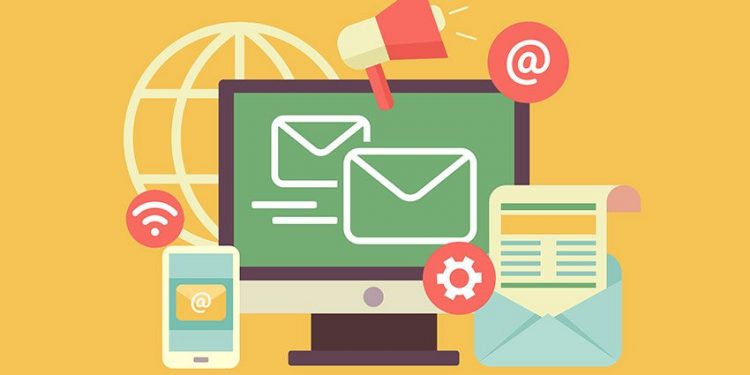With the rise of email marketing, newsletters have become a great way to connect with customers and prospects. They also provide a great business communication opportunity to build relationships and increase brand awareness. In addition, email newsletters can help businesses generate new leads and increase sales if done correctly.
Email marketing is a primary marketing channel for audience engagement that small business owners should incorporate into their marketing strategy. About 90% of American adults use email. So, regardless of who your target customer is, they probably have an email account.
Here are some key elements to consider when developing a successful email marketing campaign for transactional, or promotional emails.
1. Email Segmentation
Understanding the stage a subscriber is in regarding brand engagement is the first step to proper email segmentation. For example, if they are new subscribers or new customers, your immediate emails cannot be promotional. Instead, you should send a welcome email.
You can also segment your list according to your audience’s demographics. So, segmentation helps you send the right message to the right person at the right time. This way, you bring content and context together by joining the buyer’s journey with the buyer’s persona.
2. Right Frequency
The right frequency ensures your customer base and prospects do not forget about you. So with every email, you gently remind them of your existence so that when they need a solution in line with your business, your name comes to their mind as the first option.
If you need a continuous presence in your clients’ lives, have constant contact, but do not overdo it to avoid annoying them. Depending on your business, you can choose to send a weekly, bi-weekly, or monthly newsletter.
3. Catchy Subject Lines
The subject line is the only part of your message that appears in the recipient’s inbox and is what triggers them to either open, ignore, delete, or report it as spam. So, you need to create interesting subject lines that grab your readers’ attention from the beginning and stir curiosity.
The subject line is a teaser of what the email body contains. For example, it could be a discount, coupon, or notifications like introducing new products, product pricing changes, special offers, or webinars. The goal is to get your audience to click through to the rest of the email copy to satisfy their curiosity. Use A/B testing to test the performance of different subject lines.
4. Brevity
Your customers are busy, so the time they spend on marketing platforms is limited. Ideally, it’s best to keep your message short and to the point always to minimize unsubscribes.
Focus on the main points only and use bullet points, keywords, or subheadings to make them stand out and immediately grab your audience’s attention.
5. Simple Design
Structure your emails to allow existing and potential customers to scan or skim over the content. Ideally, you want them to get the key points in the email. So use small paragraphs, small sentences-even one-word sentences- and proper formattings like italics or bolding important points or text.
6. Data-driven Analysis
Analysis helps you evolve with your customers. Use marketing tools or email marketing software like Mailchimp to track the metrics that matter. Once you get the metrics, learn what they show about your email’s success to find out what’s working, improving, and what’s not, and understand email deliverability. With this information, you can optimize and improve each email.
7. Excellent Copywriting
Segmenting allows you to send personalized messages relevant to each audience segment. Emails that feel personal have higher open rates. Your audience also tends to engage more with such messages. Based on your historical interactions with your subscribers on other social media platforms, you can send automated and targeted emails to your email list.
Effective content marketing requires your email copy to be persuasive and professional while maintaining a friendly tone. You can also include visuals like images, GIFs, and infographics. Before crafting a high-performing email, first, identify the goal of your email. Then, use this 5Ws to narrow down the goal:
- Who: Identify the right contact for the content.
- What: What do you want them to do with the email?
- When: Identify their time or stage in the buyer’s journey.
- Where: Identify the device they’ll open the email in, like a phone or laptop.
- Why: Your desired outcome from sending the email. For instance, does it benefit you or the target audience?
You can then optimize your email copy to drive conversions. Be creative and keep off language that is offensive or not helpful. You can create email templates for different emails once you find the email that works or has high open rates. With clarity and a primary goal in mind, write for scannability and offer as much value as possible to keep your audience engaged and include a call to action (CTA).
Conclusion
Once you incorporate these digital marketing tips into your newsletter, you are on the right path to successful email marketing. Use a successful email as a template for your future messages. You can use digital signage in-store to display your email address and newsletter title and all it’s about to attract existing and new clients.
You can also use email marketing tools for automation to send the right messages to the right audience when the time is right. And since this marketing statistic shows that email marketing ROI is 4200%, begin implementing these email marketing strategies to boost your sales, increase customer loyalty and engagement, and grow your business,
Follow Techdee for more!




